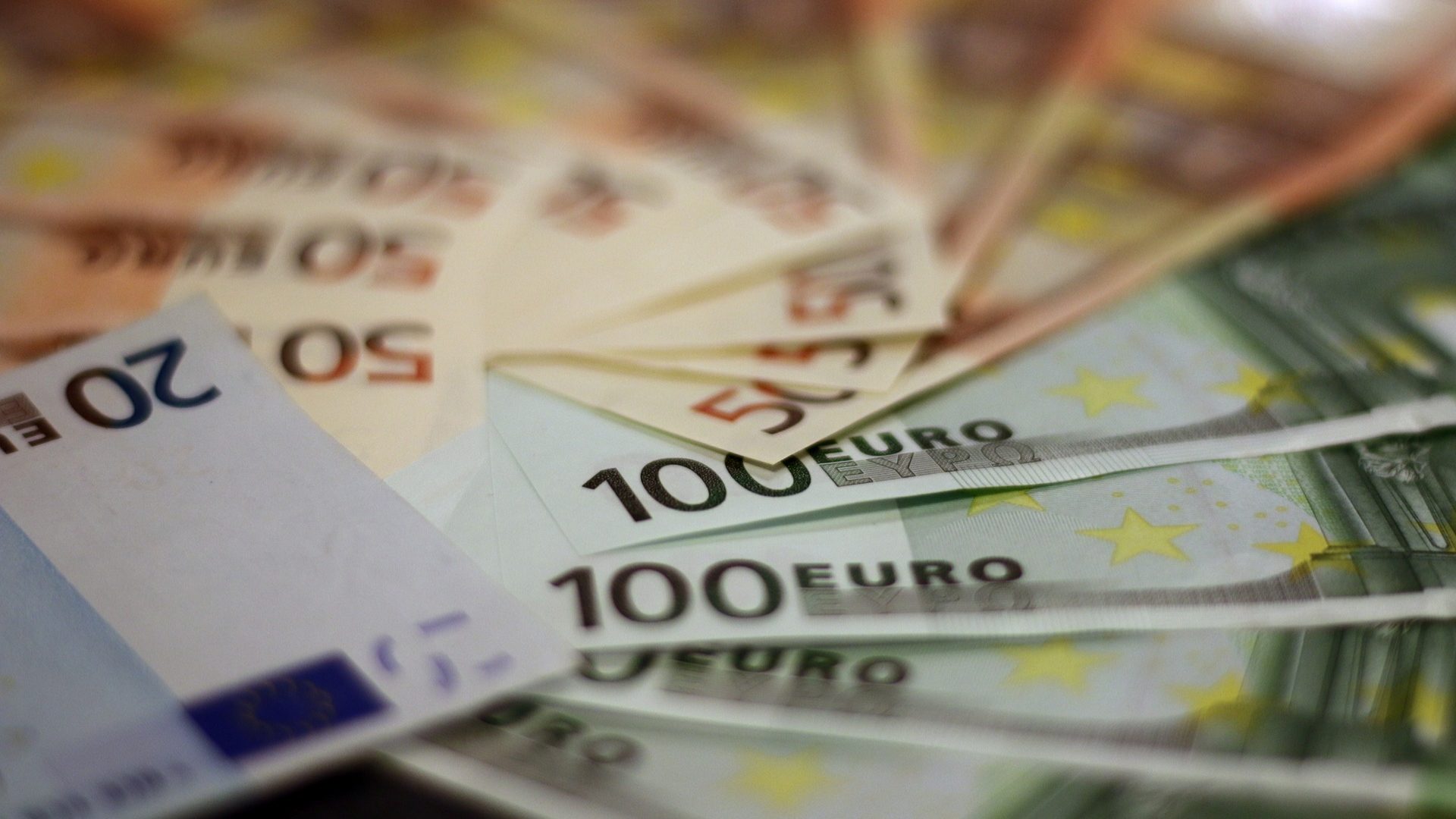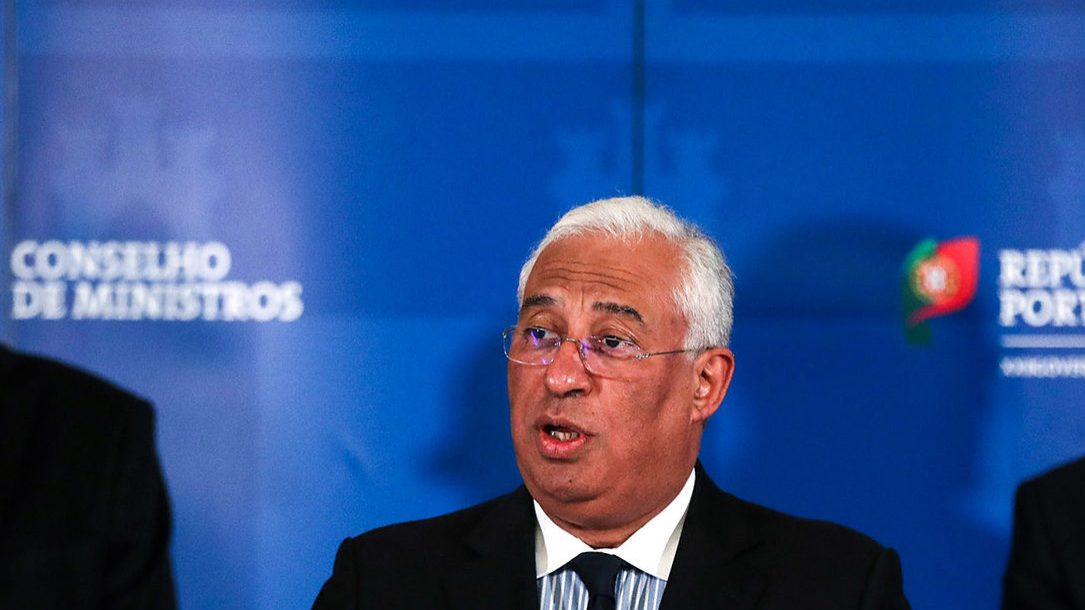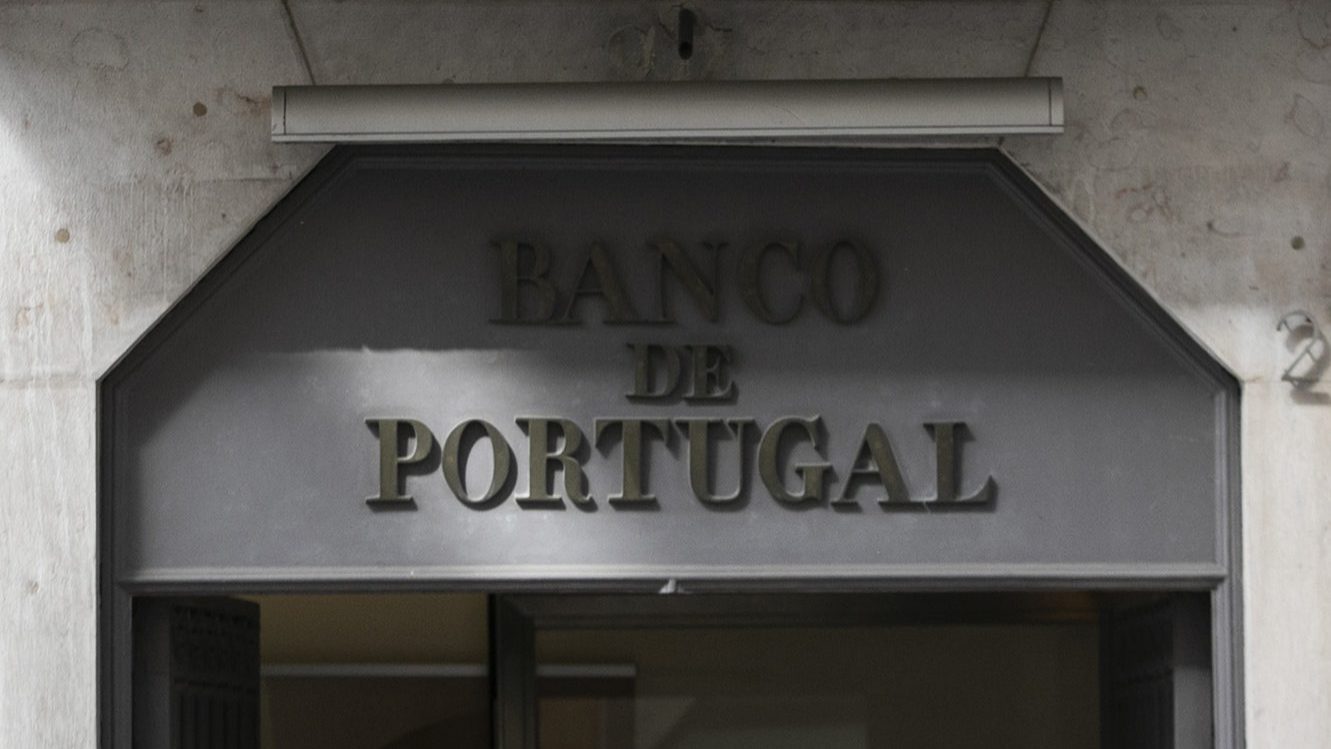Portugal accuses Russia of weaponising hunger
"Russia is using unacceptable, inhuman tactics, typical of the medieval age and using hunger as a weapon," stated the Portuguese secretary of state for foreign affairs and cooperation on Thursday.
The Portuguese secretary of state for foreign affairs and cooperation has accused Russia of using hunger as a weapon, which is devastating countries still dealing with the impact of Covid-19.
“Russia is using unacceptable, inhuman tactics, typical of the medieval age and using hunger as a weapon not only in Ukraine but spreading that hunger to many other countries in the world, which is condemnable and must stop immediately,” Francisco André told Lusa on Thursday.
At the end of the opening session of the meeting of the EU-ACP (European Union-Africa, Caribbean and Pacific) Follow-up Committee, composed of members of the EU’s European Economic and Social Committee (EESC), the secretary of state said the meeting was of “vital importance”.
“The effects of Russian aggression [against Ukraine] go far beyond the European space,” he said, referring to the “serious disruptions that the conflict is causing in agri-food production and supply chains, further affecting those who were in the grip of major crises” because of the pandemic.
Francisco André said diplomatic work was crucial at this time, especially when it involved a group the size of the EU-ACP, which has 1.5 billion people.
“We demand Russia ceases this conflict, that it immediately ends its invasion of Ukraine, that those responsible for those barbaric acts can be brought to justice and that we can all work to find solutions to prevent those countries that have been worst affected by the pandemic crisis from being buffeted with even more serious consequences because it is in those countries that the consequences are the most serious,” he said.
André added, “Russia’s decision to block, to attack agri-food production facilities and structures is causing this food emergency problem that we are experiencing a little bit all over the world”.
Host of today’s meeting, the head of the European Commission Representation in Lisbon, Sofia Moreira de Sousa, told Lusa, “the word partnership is the keyword”.
“With global challenges, we have to work together,” she argued, considering the partnership (EU-ACP) of “extremely important” because it allows “the extremely urgent dialogue, the sharing of visions and solutions.”
“With this dialogue, there are financial and political instruments that allow us to implement these solutions. Then, having identified the priority areas of work – the fight against climate change and poverty – it is necessary to channel the instruments to implement the solutions,” he said.
And he stressed: “We will not get there alone. The solutions come through this dialogue and the involvement of all”.
On the war, Sofia Moreira de Sousa considered that “the principles of international law and universal principles are being questioned” and that it is necessary “to have a response to what is happening”.
The ambassador listed other consequences of the conflict as “the disruption of energy and food chains”.
“We have to work together because there are countries that are in a position, due to the production of energy and food resources, to sit down and seek solutions to all these consequences that we are seeing today and others that we have not yet managed to measure the extent of,” she added.
“The consequences of the war go far beyond the continent of Europe”.
The EU-ACP Follow-up Committee is responsible for organising various activities with ACP economic and social interest groups and is led by the European Economic and Social Committee (EESC).
It is also responsible for steering relations and activities at the pan-African level (meetings of Africa-EU economic and social interest groups and relations with the Economic, Social and Cultural Committee of the African Union).


